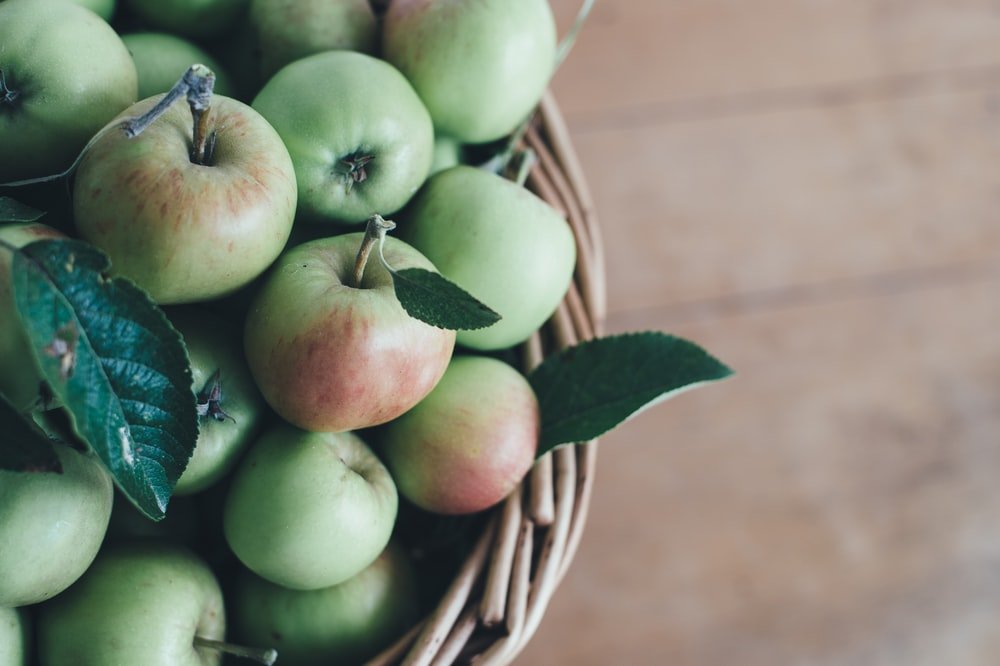
Unhealthy to Eat Unripe Fruit, Why?
Fruits have become so expensive in recent years that we feel an obligation to consume everything that’s bought from the supermarket. Most of the times they are chemically induced. Hence even if they seem to be ripe and mature, once you take a bite, you realize its the opposite. But you still consume it; a) because you paid for it, and b) fruits are always supposed to be giving out health benefits.
Fruits are considered the epitome of health, but not all are good for everyone or healthy from the start. Bioactive compounds are chemicals that are naturally present in fruits but are technically not nutrients and appear to have health benefits.
Eating fruits when they are still a bit green can bring some of the health benefits associated with the 70 to 80 per cent dry weight that consists of digestive-resistant starches. However, this is not applicable to all kinds of fruits. It’s unhealthy to consume unripe fruit because it turns out to act like the fruits of toxic plants, resulting in unpleasant issues.
Here is a list of the fruits which are healthy/unhealthy to consume in its unripened state.
Mangoes
Mangoes are the favourite fruit of the majority. Consumable in both raw and ripened state, it is known as the king of fruits. Mangoes are a powerhouse of nutrients and extremely delicious in taste, making them an ideal source of vitamins, minerals and fibre for pregnant women.
The unripened mangoes are rich in Vitamin C. They do have their own health benefits along with the sour taste which is due to the presence of citric, malic and oxalic acid. Unripened green mangoes are a major craving of pregnant women. Naturally, there are no components that in the unripened mangoes that can harm the pregnancy. Mangoes are very good for the baby and the mother can benefit from them during pregnancy, provided she does not suffer from a mango latex allergy.
But most of the fruits available in supermarkets are sprayed with calcium carbide with traces of arsenic and phosphorous, which can prove to be harmful to the mother and the foetus. Also over consumption of raw mangoes can lead to throat irritation, indigestion, dysentery and abdominal colic.
Bananas
Bananas are the most popular fruit in the world and although they are usually considered sunny yellow, they can vary from firm green to soft with many brown spots. These fruits are generally tastier when fully ripe, but this is not always the case. Banana chips, a widely loved snack especially in India are made from green bananas.
Raw green bananas consist of 70-80% starch which converts into simple sugars such as sucrose, glucose, fructose etc. Hence the unripe ones are full of dietary fibres, which helps to control the blood sugar, keep the gut bacteria healthy and hence induce digestion.
However, it has its shortcomings too. In some individuals, consumption of unripe bananas leads to digestive disorders like constipation, gastrointestinal distress like gas, bloating etc. They may also cause the latex-fruit syndrome.
Apples
Apples are the next popular fruit after mango and bananas. Unripe apple is not much of a dangerous one to consume but their hard texture and sour taste can bring digestive discomfort due to excessive ethylene gas. So, to enjoy an unripe apple, you can poach it or fry it rather than having it in its raw unripened green state.
Tomatoes
Well, now that it is established that tomatoes are fruits, let us come to the outcomes of consuming unripe green tomatoes. In fact, they turn out to be health with antioxidant properties. But they are also hard and tough to digest. There have been instances where people tend to be sensitive to alkaloids present in the fruit and also suffer from gut irritation. Tomatoes contain glycoalkaloids, which are easily toxic when consumed raw in large quantities and can cause nausea and vomiting.
However, it is important to point out that not all green tomatoes are unripe. Green tomatoes are a variety who even in matured and ripened state is green. So, look at the texture and variety before consuming it.
Pineapples
Pineapples remind us of the tropical vacation we always wish. They are rich in vitamins, enzymes and oxidants. They also contribute to building a strong immunity system, along with bones and aid in indigestion. It contains a sufficient amount of VItamin C, along with manganese, along with thiamin.
However, consuming unripe pineapples is dangerous. Consumption of the unripe versions can end up in gastrointestinal distress. Even overconsumption of the ripe ones is not advised as it can cause mouth tenderness along with vomiting, diarrhoea, nausea etc.
There are more fruits just as the green cocoa mass that makes your mouth twitch with the astringency of an immature pineapple. Unripe peaches and quince berries are too difficult to chew and digest for a pregnant woman and the health of your baby. As mentioned earlier, unripe fruits such as tomatoes and pineapples contain slight toxins, and therefore eating them can even leave a poison behind. The nutrient quality of fruit varies, so it is difficult to predict which fruit is best for you. You can include more and different fruits in your diet, but for many varieties, it is better to eat them in their ripening stage, such as apples, cherries, pears and oranges.
If you are pregnant or have been diagnosed with a problem with your digestive system, it may be a good idea to let the fruits ripen fully before adding them to your diet. So, to summarize why we should not have unripened fruits, there are few common distresses for consuming any unripe versions of the fruit. Majority of these are related to gastrointestinal distress, skin issues, allergies. Experts say this is because your digestive system only wants to get rid of particles it cannot process properly, and it simply flushes them out. Constipation can also occur, which can cause nausea, vomiting, diarrhoea and other digestive problems.
Most unripe fruits are acidic – tasting and astringent, and the compounds that give the fruit its acidic taste are naturally erosive and can eventually eat away at the enamel. To know more, click here!
Overripe fruit can still be eaten and easily transformed into smoothies and juices or used as an ingredient in ingredients such as banana bread. But eating fruit in this form is no better than not eating fruit at all, as dried or preserved products that contain a lot of sugar are not as good for you as whole fruits. Eating ripe fruit such as bananas does not mean that you add more sugar to your body because the amount of carbohydrates in the fruit has not increased since harvesting.
It is a common misconception to believe that the fruits in your fruit shop are the ripest you will get. If a fruit is not yet ripe or still seems to be, it is because it is not naturally green and may not be ripe at all. So keep a check on the fruits you purchase next time, and maybe stay away from the unripened fruits.
Did this article help you? Let us know in the comments section or click here for more such informative articles!

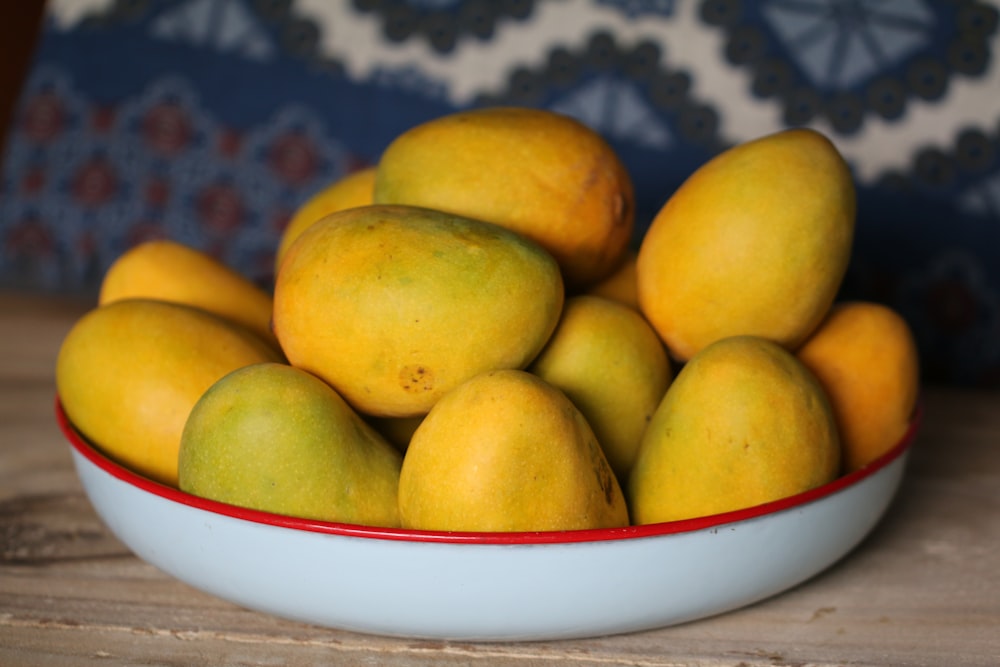
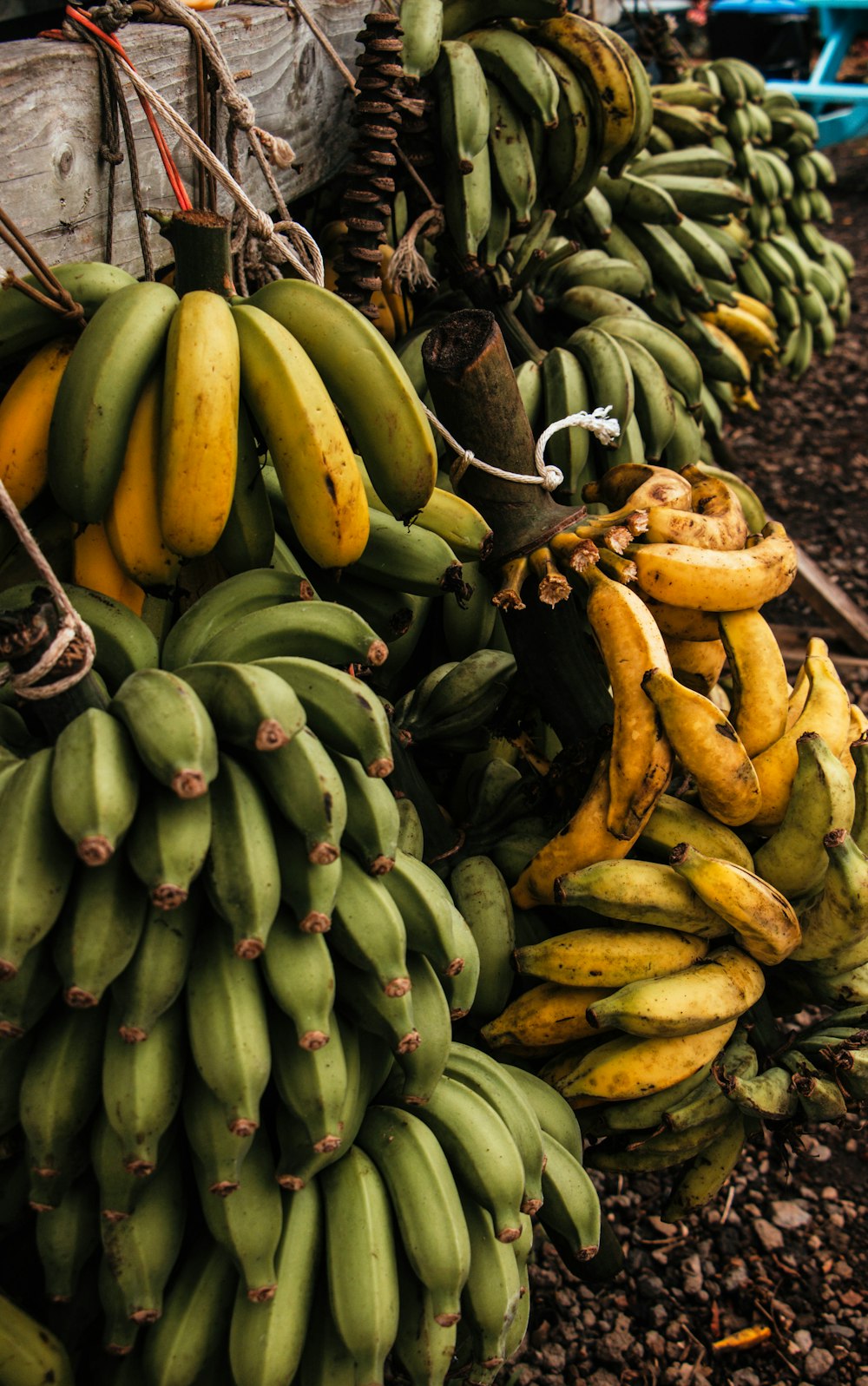
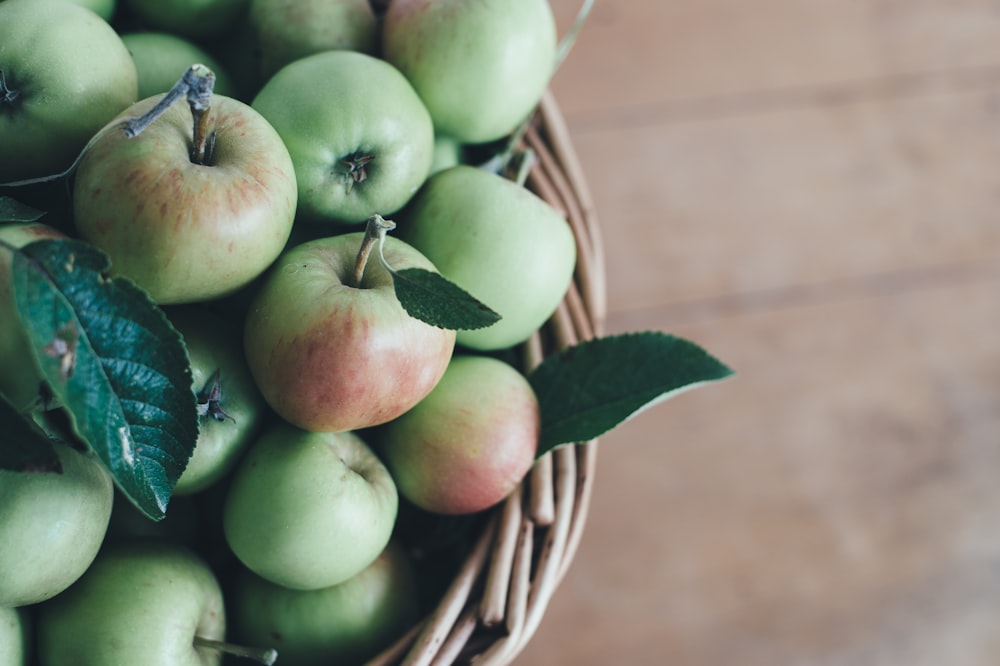
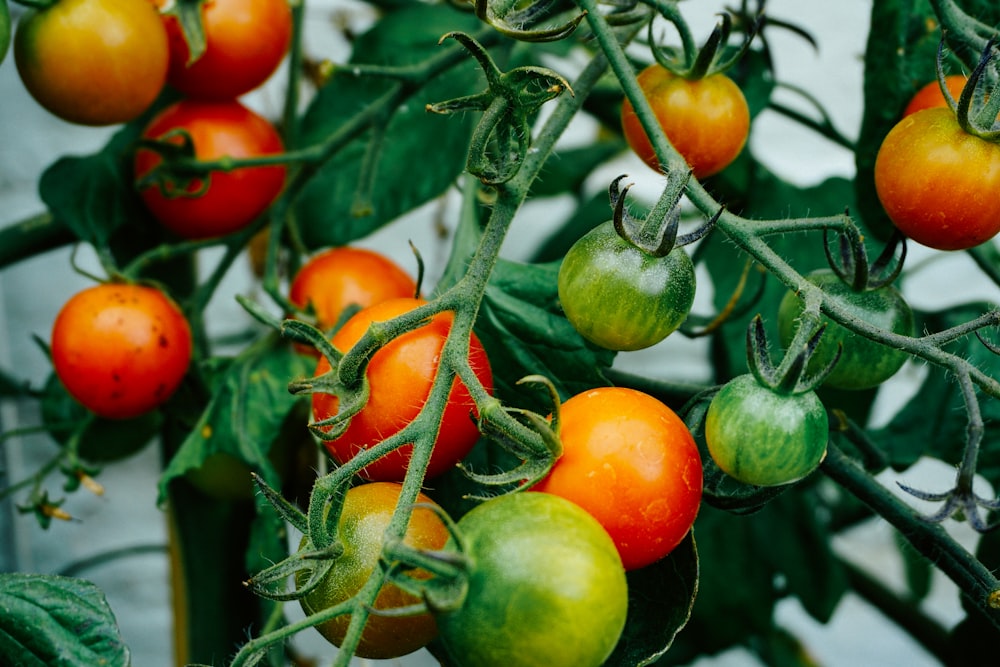


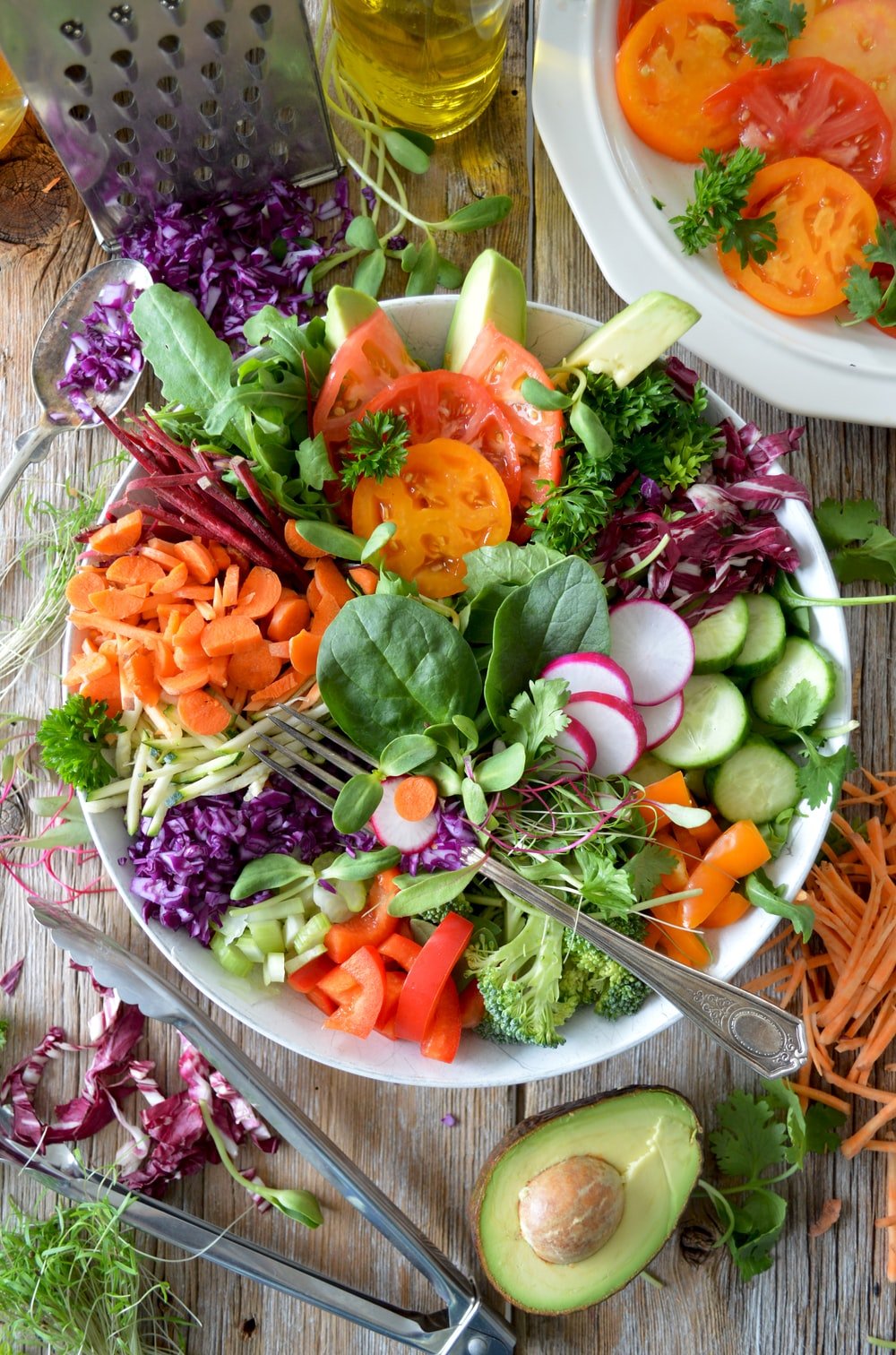
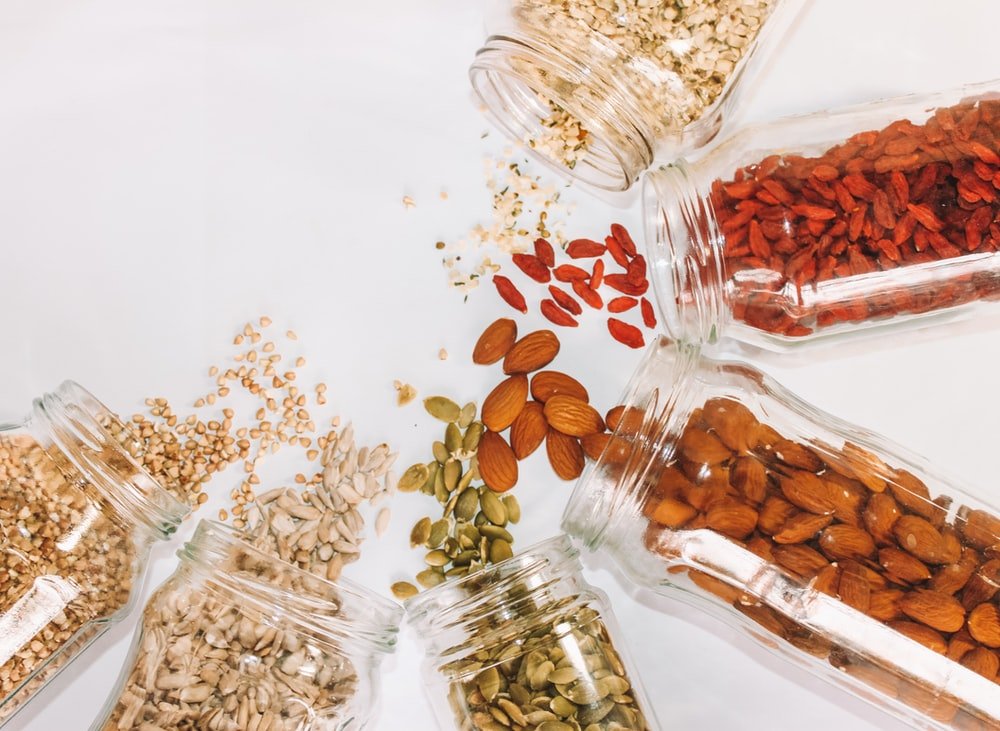

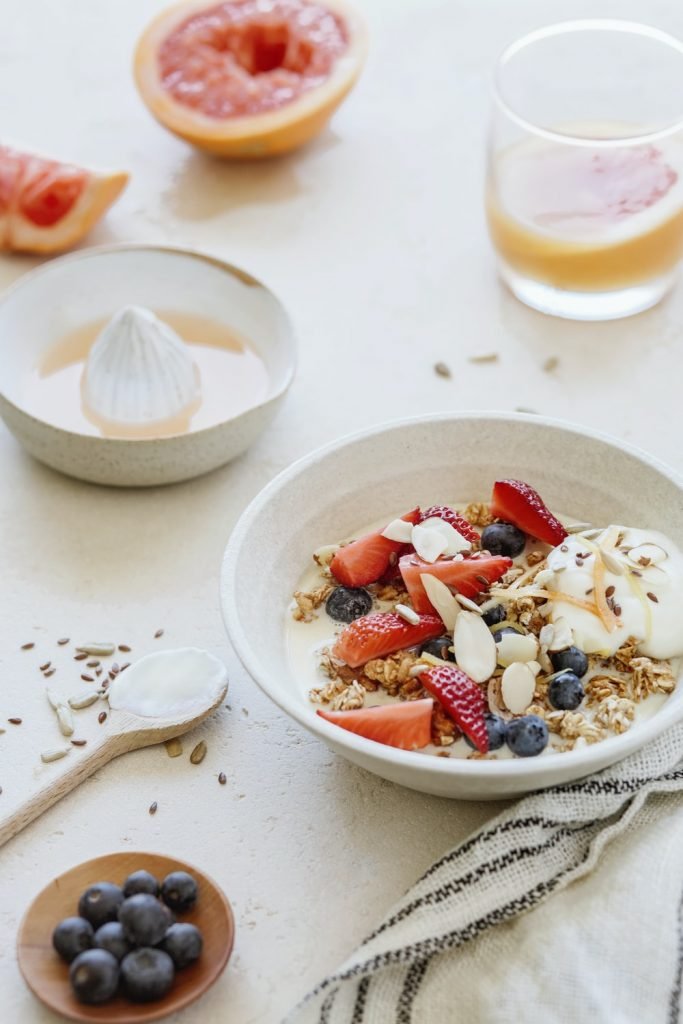

Recent Comments